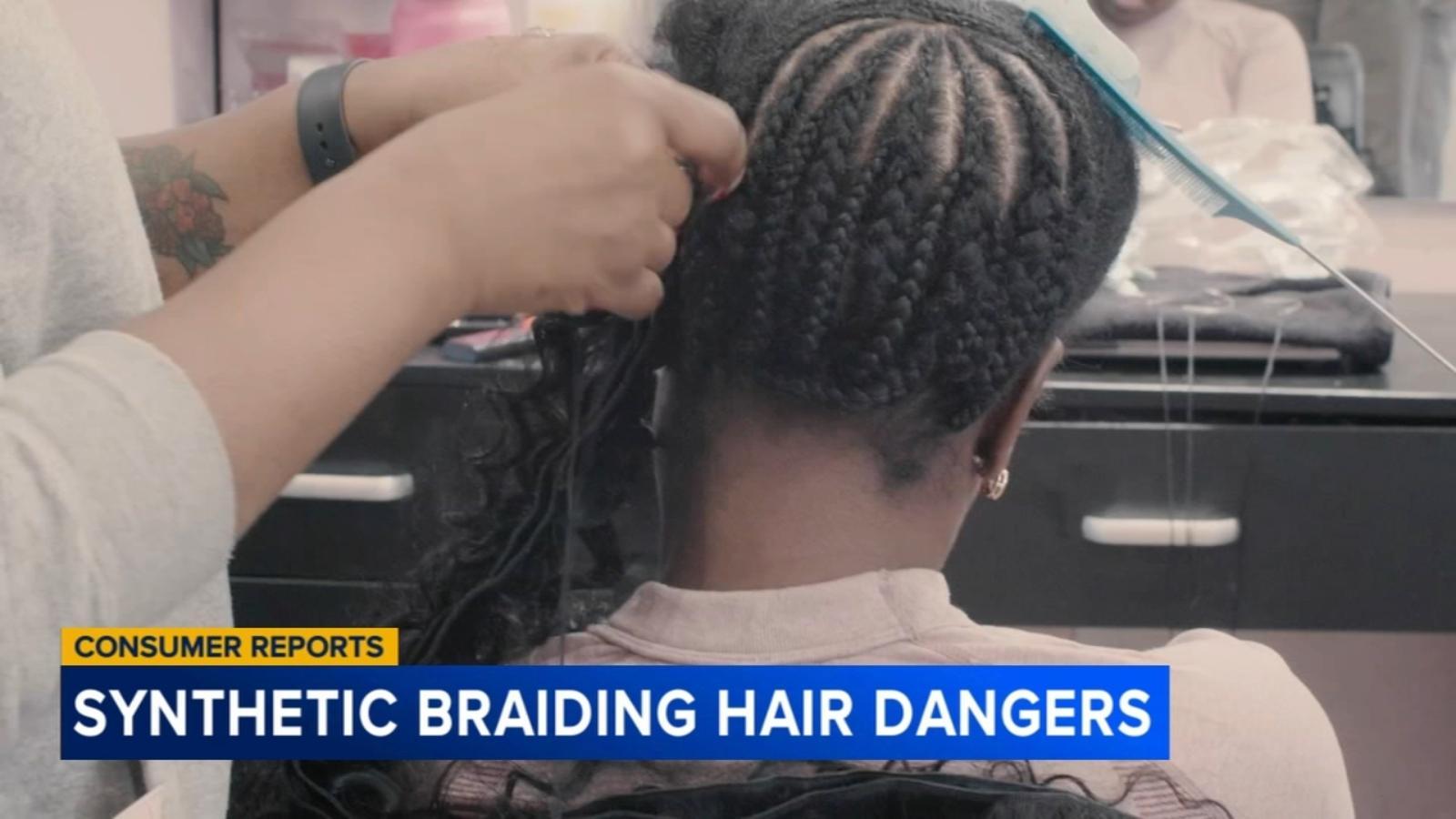Africa-Press – Cape verde. A groundbreaking investigation by Consumer Reports has uncovered disturbing levels of cancer-causing chemicals and lead in synthetic hair products commonly used by Black women for protective styles such as braids, twists, and extensions.
The study tested 10 popular brands, including Magic Fingers, Sensationnel, and Shake-N-Go—and found that all contained hazardous substances linked to serious health risks. Shockingly, nine out of the 10 products also tested positive for lead, with one sample exceeding the maximum allowable lead limit by more than 600 percent.
The findings are particularly troubling because synthetic hair is a staple in many Black women’s beauty routines, often worn for weeks or even months at a time in protective styles.
Prolonged contact, prolonged risk
Unlike temporary cosmetics, these products remain in direct contact with the scalp and hair for prolonged periods, increasing the risk of chemical absorption.
Benzene, a known carcinogen associated with acute myeloid leukemia, was detected in multiple products, while methylene chloride—a chemical banned by the FDA in cosmetics due to its links to liver and lung cancer—was also identified.
Experts warn that repeated exposure to these toxins, especially in combination, could have devastating long-term health consequences.
Why these chemicals are dangerous
Lead, a neurotoxin, poses severe risks, particularly to children and pregnant women, as it can cause developmental delays, learning disabilities, and reproductive harm.
The fact that nearly all tested products contained lead—some at astronomically high levels—suggests a systemic failure in manufacturing safety standards.
Meanwhile, methylene chloride, which is prohibited in cosmetics by the FDA, should not be present in any beauty product. Yet it was found in synthetic hair samples, indicating possible contamination or unregulated production processes.
The synthetic hair industry has long relied on Kanekalon, a fibre produced by the Japanese company Kaneka, as a base material for braiding hair. However, Kaneka clarified that while it manufactures the raw fibres, it does not control how companies dye, style, or finish the final products—meaning contamination could occur during later production stages.
A larger pattern targeting Black women
This report is the latest in a series of alarming discoveries about toxic beauty products disproportionately marketed to Black women.
In 2022, multiple lawsuits were filed against manufacturers of chemical hair relaxers after studies linked them to uterine cancer, fibroids, and infertility.
Wide-scale research has shown that Black women are exposed to higher concentrations of hazardous chemicals in personal care products compared to other demographics, partly due to aggressive marketing of harmful products like skin lighteners, relaxers, and now, potentially, synthetic hair.
The EWG’s Skin Deep database, which rates the safety of personal care products, has found that a significant portion of beauty items marketed to Black women are moderately to highly hazardous.
Friedman pointed out that “women use an average of 12 personal care products daily,” meaning repeated exposure to multiple toxins can have compounding health effects.
Unlike single-chemical studies, real-world usage involves complex mixtures of harmful substances, making the risks even harder to quantify.
Currently, cosmetics are one of the least regulated consumer product categories, allowing companies to include harmful ingredients with little oversight.
For More News And Analysis About Cape verde Follow Africa-Press






